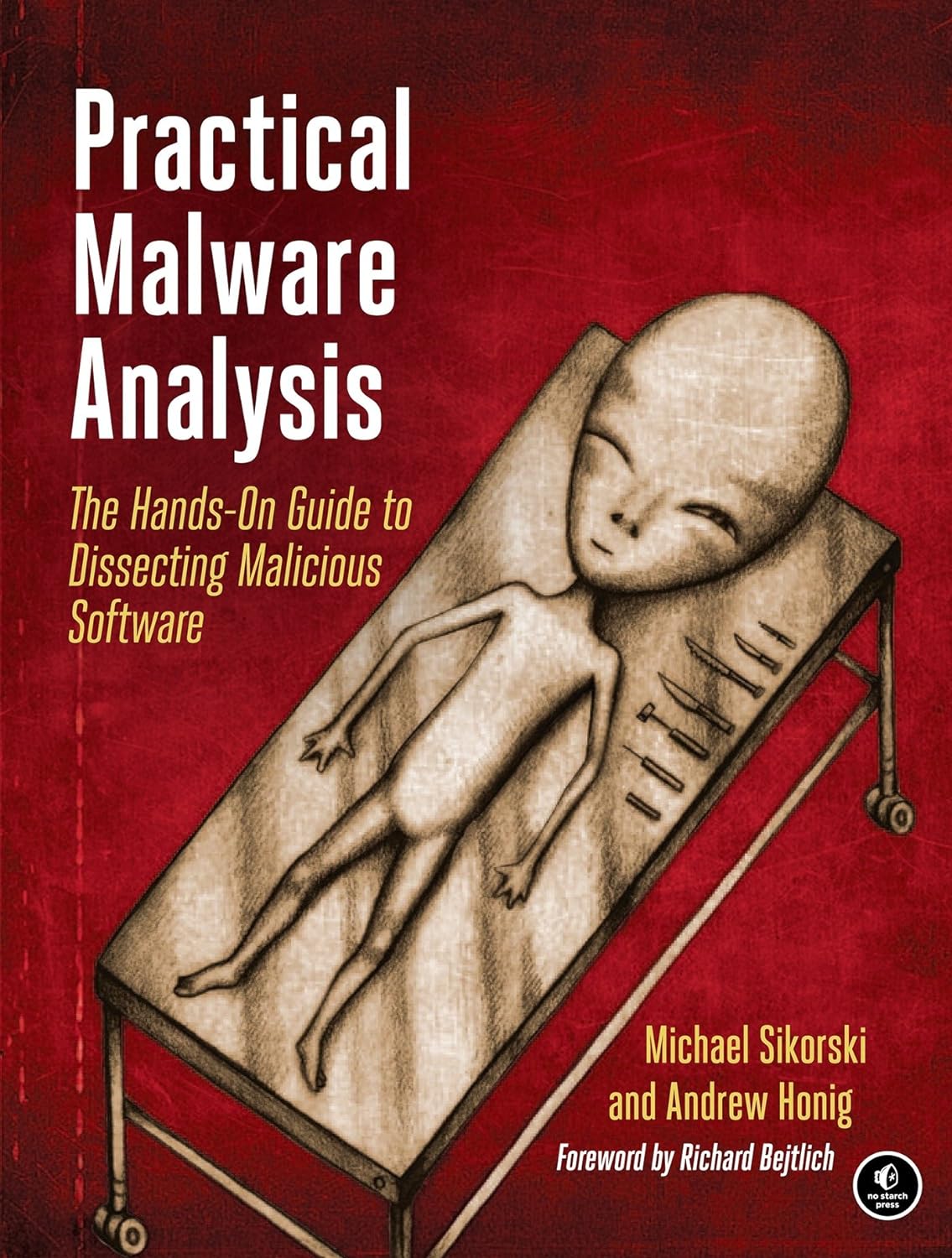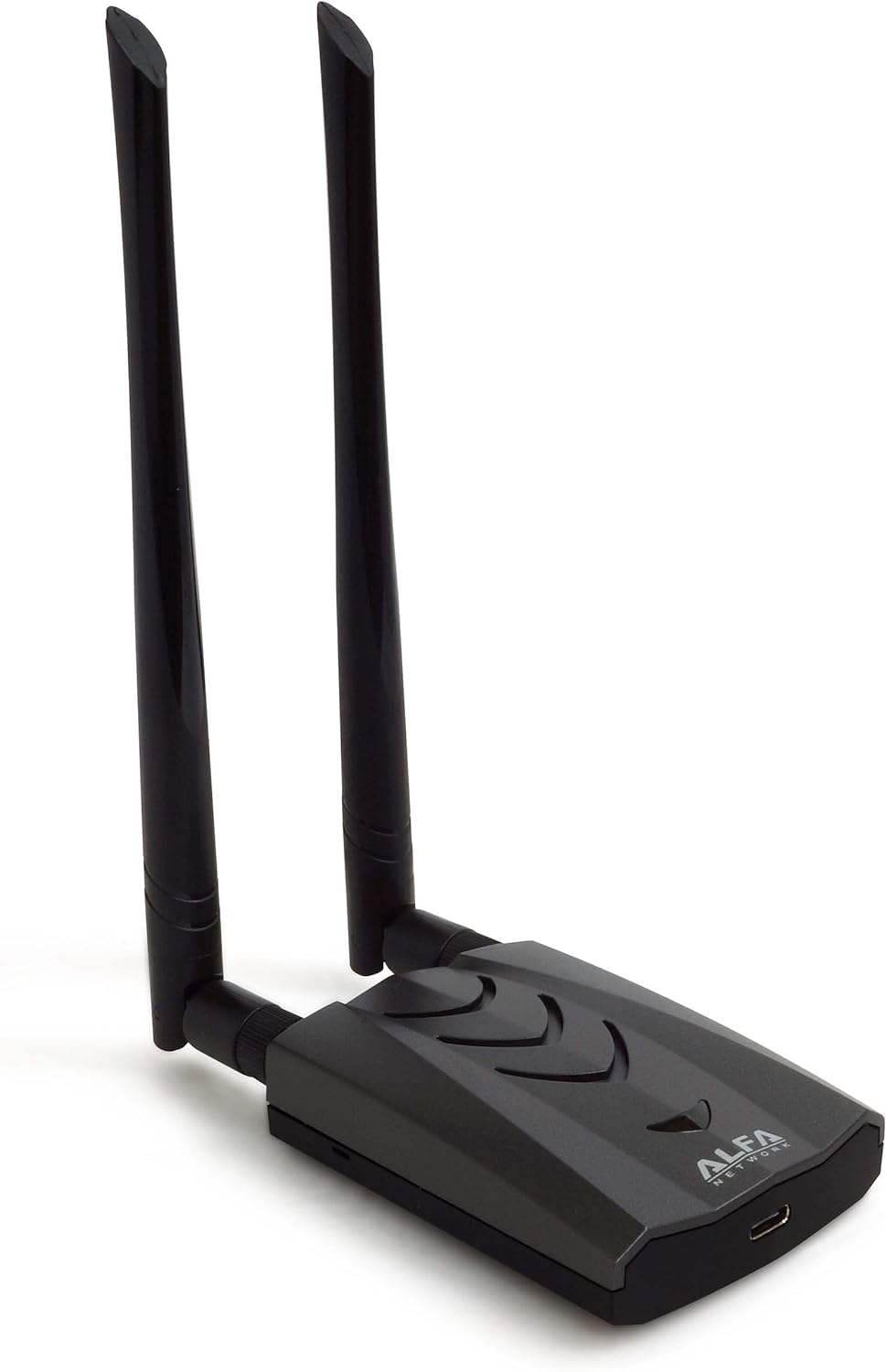Future-Proofing Your Career: Cybersecurity Certifications in Emerging Technologies
Staying Ahead with Certifications in AI, IoT, and Blockchain Security

The Evolving Landscape of Cybersecurity
In the dynamic world of technology, the landscape of cybersecurity is continually evolving. The advent of groundbreaking advancements such as Artificial Intelligence (AI), the Internet of Things (IoT), and blockchain technology has expanded the horizon of possibilities and introduced a complex array of new cybersecurity challenges. As these technologies become increasingly integral to our daily lives and the global economy, the threats they face grow more sophisticated and potentially disruptive.
For cybersecurity professionals, staying abreast of these technological advancements is not just beneficial—it’s essential. The ability to effectively secure AI systems, protect interconnected IoT devices, and ensure the integrity of blockchain networks is becoming a crucial aspect of the cybersecurity field. This introduction serves as a call to action for cybersecurity professionals: to embrace continuous learning and seek out specialized certifications in these emerging areas. Doing so will enhance their ability to address current and future security threats and position them as indispensable assets in the fight against cybercrime in this ever-changing landscape.
AI Security Certifications: Preparing for AI-Powered Threats
As Artificial Intelligence (AI) and Machine Learning (ML) technologies become more embedded in our digital infrastructure, they introduce a new dimension of cybersecurity vulnerabilities. These technologies, capable of processing and analyzing data at unprecedented scales, are also susceptible to unique threats that can manipulate their functionality and compromise security. Recognizing this, the cybersecurity community has developed specialized certifications aimed at preparing professionals to tackle these AI-driven challenges.
One notable certification is the Certified AI Security Practitioner (CAISP), which is designed for cybersecurity professionals who wish to specialize in AI security. This certification covers a broad range of topics, including understanding AI and machine learning models, identifying vulnerabilities specific to AI systems, and implementing security measures to protect against AI-powered attacks. By focusing on the intersection of AI technology and cybersecurity, the CAISP certification equips professionals with the knowledge to secure AI systems against sophisticated threats, such as adversarial machine learning attacks and AI model theft.
The importance of such certifications cannot be overstated. As AI technologies continue to evolve and play a central role in various sectors, from finance to healthcare, the potential for AI-driven cyber threats grows. Professionals armed with a CAISS certification or similar credentials are better prepared to anticipate these threats, develop robust security strategies for AI systems, and ensure the integrity and reliability of AI technologies.
We underscore cybersecurity professionals’ need to gain specialized knowledge in this area by highlighting the strategic significance of AI security certifications. As AI continues to shape the future of technology, securing these systems will become a valuable skill and a critical requirement for safeguarding the digital landscape.
IoT Security Certifications: Safeguarding Connected Devices
The Internet of Things (IoT) has transformed the digital landscape, connecting everything from home appliances to industrial equipment. However, this interconnectedness brings various security challenges, as each device becomes a potential entry point for cyberattacks. IoT security certifications have become increasingly important to address these risks, equipping professionals with the skills to safeguard these complex networks.
One key certification in this area is the Certified IoT Security Practitioner (CIoTSP). This certification focuses on the critical aspects of IoT security, from understanding the architecture of IoT networks to implementing robust security protocols for device protection. The CIoTSP certification covers essential topics such as device authentication, data encryption, and secure software development practices tailored for IoT applications.
The significance of the CIoTSP certification lies in its comprehensive approach to IoT security. Professionals holding this credential are adept at conducting risk assessments for IoT systems, designing secure IoT infrastructures, and responding effectively to IoT-related security incidents. Given the proliferation of IoT devices in various sectors, including healthcare, manufacturing, and smart cities, securing these devices is not just advantageous but essential for preventing data breaches and ensuring operational continuity.
Moreover, IoT security certifications like CIoTSP highlight the specialized nature of IoT security work. Unlike traditional IT security, IoT security requires an understanding of hardware-level vulnerabilities and the ability to secure a wide range of devices with varying capabilities and operating systems. By obtaining an IoT security certification, professionals demonstrate their expertise in this niche but critically important field, positioning themselves as valuable assets to organizations seeking to protect their IoT ecosystems from evolving threats.
Blockchain Security Certifications: Ensuring Trust in Distributed Systems
As blockchain technology becomes increasingly integral to various sectors, including finance, healthcare, and supply chain management, the demand for professionals adept at securing these systems has surged. Blockchain security certifications, such as the Certified Blockchain Security Professional (CBSP), are pivotal in preparing individuals to meet this demand by providing a deep understanding of blockchain’s unique security needs.
The CBSP certification delves into the intricacies of blockchain technology, offering insights into its architecture, consensus mechanisms, and smart contract functionality. It equips professionals with the skills to identify vulnerabilities within blockchain systems, implement robust security measures, and develop best practices for securing cryptocurrency transactions against theft and fraud.
One notable aspect of the CBSP certification is its focus on decentralized applications (dApps) security. These applications, running on blockchain platforms, are susceptible to a range of attacks, including reentrancy, denial of service, and front-running. The CBSP certification prepares professionals to safeguard dApps by teaching them to audit smart contracts for security flaws and apply encryption techniques to protect sensitive data on the blockchain.
Moreover, the certification emphasizes the importance of securing cryptocurrency wallets and exchanges, areas that have been targets of high-profile hacks resulting in significant financial losses. Professionals certified in blockchain security are trained to implement multi-factor authentication, cold storage solutions, and other security protocols that ensure the safe storage and transfer of digital assets.
The rise of blockchain technology has brought with it new challenges in cybersecurity. By earning a certification like the CBSP, professionals not only enhance their understanding of these challenges but also position themselves as leaders in the effort to build trust and security in the rapidly evolving landscape of distributed systems. For organizations leveraging blockchain technology, having certified blockchain security professionals on board is crucial for maintaining the integrity of their operations and their users’ trust.
Integrating Certifications into Your Career Development Plan
As the cybersecurity landscape evolves with advancements in technologies like AI, IoT, and blockchain, professionals must adapt by acquiring new skills that align with these changes. Integrating certifications in emerging technologies into your career development plan is a strategic move to ensure your skills remain relevant and highly valued in the job market.
First, assess your current career trajectory and goals. Are you aiming to specialize in securing IoT ecosystems, or are you more inclined toward the intricacies of blockchain technology? Understanding your professional aspirations will guide you in selecting certifications that align with your interests and the needs of the industry.
Consider the demand for specific skills in your desired field. For instance, as IoT devices proliferate, professionals increasingly need to secure these connected systems. The Certified IoT Security Practitioner certification could be a strategic addition to your skill set, making you an attractive candidate for roles in IoT security. Similarly, if you’re fascinated by the potential of blockchain technology, the Certified Blockchain Security Professional certification can position you as an expert in securing blockchain applications and cryptocurrencies.
It’s also important to evaluate the benefits and recognition associated with each certification. Some certifications, like the Certified AI Security Specialist, may provide niche skills that set you apart in areas like AI-driven cyber threats. These specialized credentials can open doors to unique opportunities in sectors heavily utilizing AI, such as tech companies, financial institutions, and cybersecurity firms focusing on AI defense mechanisms.
Incorporating these certifications into your career development plan involves passing the exams and engaging with the communities and networks associated with these credentials. For example, participating in blockchain security forums or IoT security workshops can enhance your learning experience and connect you with professionals and opportunities within these specialized fields.
Lastly, plan for the long term by considering how these certifications fit your broader career goals. Are they stepping stones to a more advanced role, or do they complement your existing skills? For instance, a professional with a background in network security might find the IoT Security Practitioner certification a logical next step toward becoming an IoT security architect.
By strategically selecting certifications in emerging technologies, you’re not just future-proofing your career; you’re also positioning yourself at the forefront of cybersecurity innovation. These certifications validate your expertise and demonstrate your commitment to staying ahead in a rapidly evolving field, making you a valuable asset to any organization.
The Future of Cybersecurity: Staying Ahead of the Curve
In the ever-evolving cybersecurity landscape, the future holds both challenges and opportunities. As cyber threats become more sophisticated, leveraging emerging technologies like AI, IoT, and blockchain, the need for cybersecurity professionals to stay ahead of the curve has never been more critical. This section emphasizes the importance of continuous learning and certification as vital tools in maintaining a competitive edge in the field.
The nature of cybersecurity threats is constantly changing, with attackers finding new vulnerabilities to exploit in rapidly advancing technologies. For instance, integrating AI into various systems has opened up novel attack vectors, such as AI-driven phishing attacks that are more difficult to detect. Similarly, the proliferation of IoT devices has expanded the attack surface, requiring specialized knowledge to secure these interconnected systems effectively. In the realm of blockchain, while it offers enhanced security features, it is not immune to attacks, with vulnerabilities in smart contracts and the potential for 51% attacks on networks.
To navigate this dynamic threat landscape, cybersecurity professionals and bug bounty hunters must adopt a proactive approach to their professional development. Certifications focused on emerging technologies play a crucial role in this strategy. For example, the Certified AI Security Specialist certification equips professionals with the skills to identify and mitigate AI-powered threats, while the Certified IoT Security Practitioner certification provides the knowledge necessary to secure IoT ecosystems against potential breaches.
Moreover, certifications are a testament to a professional’s commitment to staying updated with the latest advancements and best practices in cybersecurity. They enhance one’s technical skills and contribute to a comprehensive understanding of how to anticipate and respond to future threats. For bug bounty hunters, such certifications can open opportunities to participate in more complex and rewarding challenges, setting them apart in a competitive landscape.
The importance of continuous learning and certification extends beyond individual career advancement. It contributes to the collective resilience of the cybersecurity community by ensuring that professionals are well-prepared to defend against and mitigate the impact of future cyber threats. As technologies continue to evolve, the commitment to ongoing education and certification will be key to staying ahead of attackers and safeguarding digital assets.
In conclusion, the future of cybersecurity demands a workforce that is not only technically proficient but also strategically prepared for the challenges ahead. By embracing certifications in emerging technologies and committing to lifelong learning, professionals can future-proof their careers, ensuring they remain valuable assets in the fight against cyber threats. This proactive approach to professional development will be instrumental in navigating the complexities of the cybersecurity landscape, ultimately contributing to a safer and more secure digital world.
Embracing Change with Confidence
As we stand at the cusp of significant advancements in technology, the role of cybersecurity professionals becomes increasingly complex and indispensable. This article has navigated the essential AI, IoT, and blockchain security certifications, underscoring their pivotal role in equipping professionals for tomorrow’s cybersecurity challenges. By delving into these specialized areas, we’ve highlighted how certifications are not merely credentials but powerful tools for professional growth and resilience in an ever-changing digital landscape.
The journey into AI, IoT, and blockchain security certifications is more than a pursuit of knowledge; it’s a strategic move to future-proof your career in cybersecurity. These certifications represent a commitment to staying at the forefront of technological innovation, ready to tackle the cybersecurity threats that evolve alongside these advancements. For aspiring bug bounty hunters and seasoned cybersecurity experts alike, these certifications offer a pathway to distinguish oneself in a competitive field, enhancing one’s ability to protect the digital world against increasingly sophisticated threats.
In an era where change is the only constant, confidently embracing these emerging technologies is key. Certifications in these specialized fields are investments in your professional journey, laying the groundwork for success in tackling future cybersecurity challenges. They ensure you’re not just keeping pace with technological advancements but are prepared to lead the charge in securing them.
Call to Action: Join the Learning Community on BugBustersUnited
The path to mastering AI, IoT, and blockchain security is continuous learning and community engagement. BugBustersUnited invites you to join a vibrant community of cybersecurity professionals who share your passion for emerging technologies. Here, you can share your certification journeys, exchange insights on the latest cybersecurity trends, and discuss the transformative impact of these certifications on your career. Whether you’re seeking advice on which certification to pursue next or looking to share your success stories, BugBustersUnited provides a supportive platform for all.
Embrace the opportunity to grow, learn, and connect with like-minded professionals. Together, let’s confidently navigate the future of cybersecurity, armed with the knowledge and skills that AI, IoT, and blockchain security certifications offer. Join us on BugBustersUnited and take the first step towards securing your career and the digital future.







